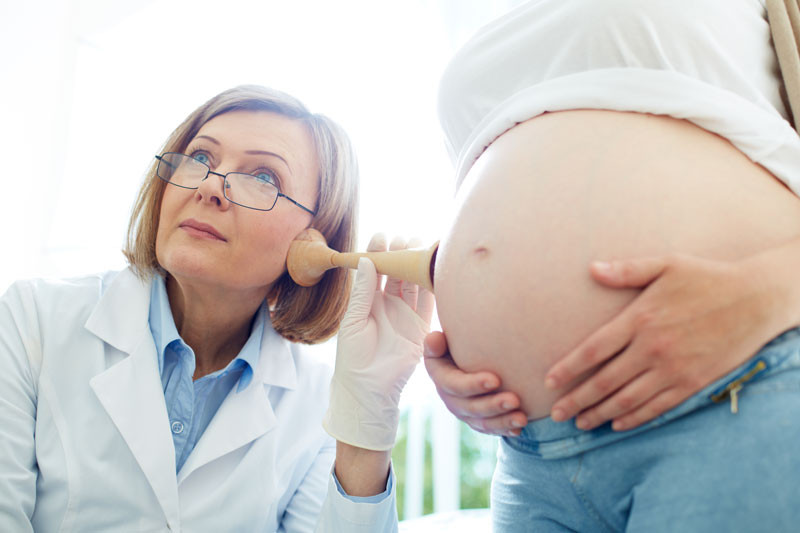A common realization among pregnant women – and perhaps also women planning to get pregnant – is that there are two mouths to feed, and that's even before you start counting other human beings living in the same household. Pregnant women, especially, know how important it is, more than ever in such times, to be eating a healthy diet. She depends on that diet as does the baby-to-be. When in a prenatal state, that usually means reaching out for and getting some extra assistance from prenatal vitamins. These prenatal supplements typically contain a wide assortment of vitamins and minerals, but key among those are folic acid, iron, iodine, and calcium, per webmd.com. The basic premise behind prenatal vitamins is that pregnancy brings with it an increase in a woman's nutritional and vitamin needs. Women who are expecting typically don't have sufficient nutrients included in their regular daily diets, so they need a boost, as does the fetus/baby, which requires certain nutrients just to develop.
Prioritizing Prenatal Vitamins
Let's take a closer look at the most important of the prenatal vitamins, along with a mention of some others:- Folic acid. Adding sufficient folic acid to the expectant mom's diet is important for reducing the chances of neural-tube defects, such as spina bifida, per healthline.com. As a side note, neural-tube defects are those that affect the brain or spinal cord. Typically, neural-tube defects occur within 28 days of conception, which happens to be before most women even know they are pregnant. Folic acid is available in several types of supplements, such as multivitamins, and can also be found in leafy, green vegetables, nuts, beans, and citrus fruits, as well as other food products – think cereal, bread, and some pastas – that have been fortified with it. Footnote: As cited by time.com, studies have found that folic acid supplementation can reduce the risk of birth defects by up to 70 percent.
- Iron. Iron is vital during pregnancy because that's when a woman's volume of blood increases, and iron plays a key role in the creation of red blood cells in her body. To give you some idea of just how much iron a pregnant woman needs, Mayo Clinic says that non-pregnant women aged 19 to 50 need 18 milligrams (mg) of iron a day, while pregnant women need 27 mg. Too much iron, however, can lead to a buildup in the body, producing such symptoms as constipation, nausea, vomiting and diarrhea. Whatever amount of iron is in your body, it plays an important role in carrying oxygen throughout, and that holds true for baby as well as for Mom.
- Calcium. As you might have guessed, calcium is crucial for pregnant women, as well as lactating women (per healthline.com) as it helps prevent them from losing bone density. At the same time, the baby's development is highly dependent on the available calcium for its own bone growth. As is the case with other prenatal vitamins, it's important to note that prenatal vitamins and supplements by themselves are insufficient for what a pregnant mom and her baby need. A healthy diet is a must.
- Other vitamins and minerals. While folic acid, iron and calcium are the big three of prenatal vitamins, other vitamins and minerals should also be included, if not boosted in amount, during the pregnancy. These include iodine (important for the mom's thyroid function and to reduce the risk of miscarriage and stillbirth), omega-3 fatty acids, copper, zinc and vitamins A, C, D, and E.

